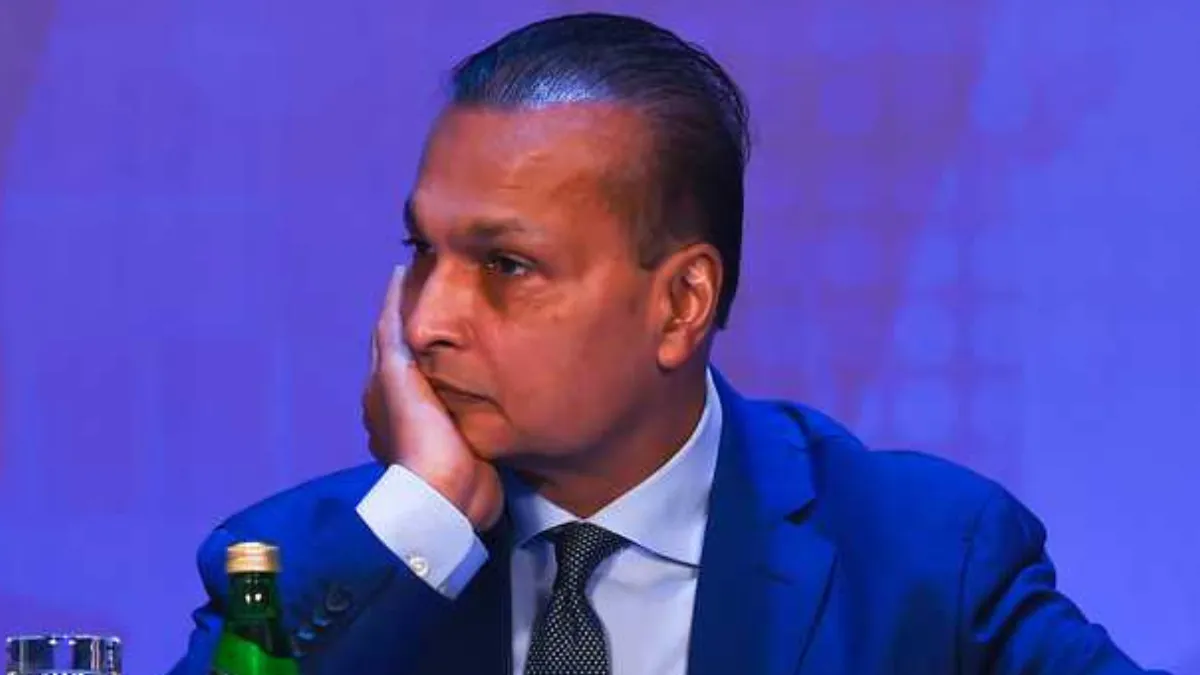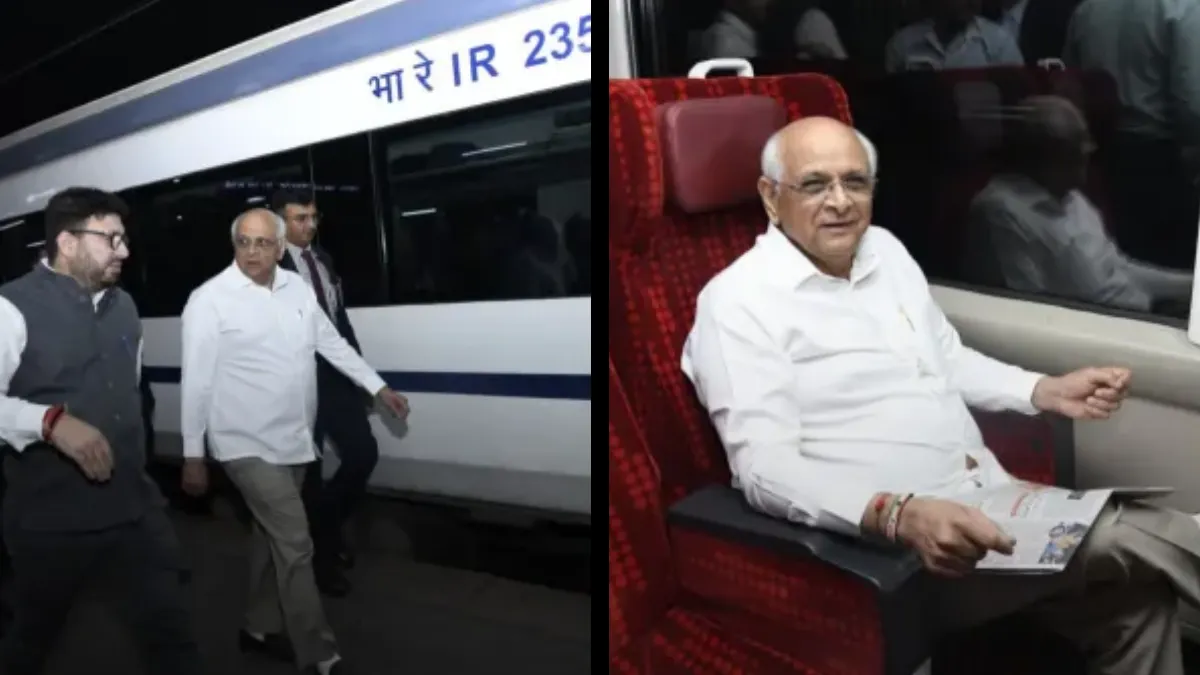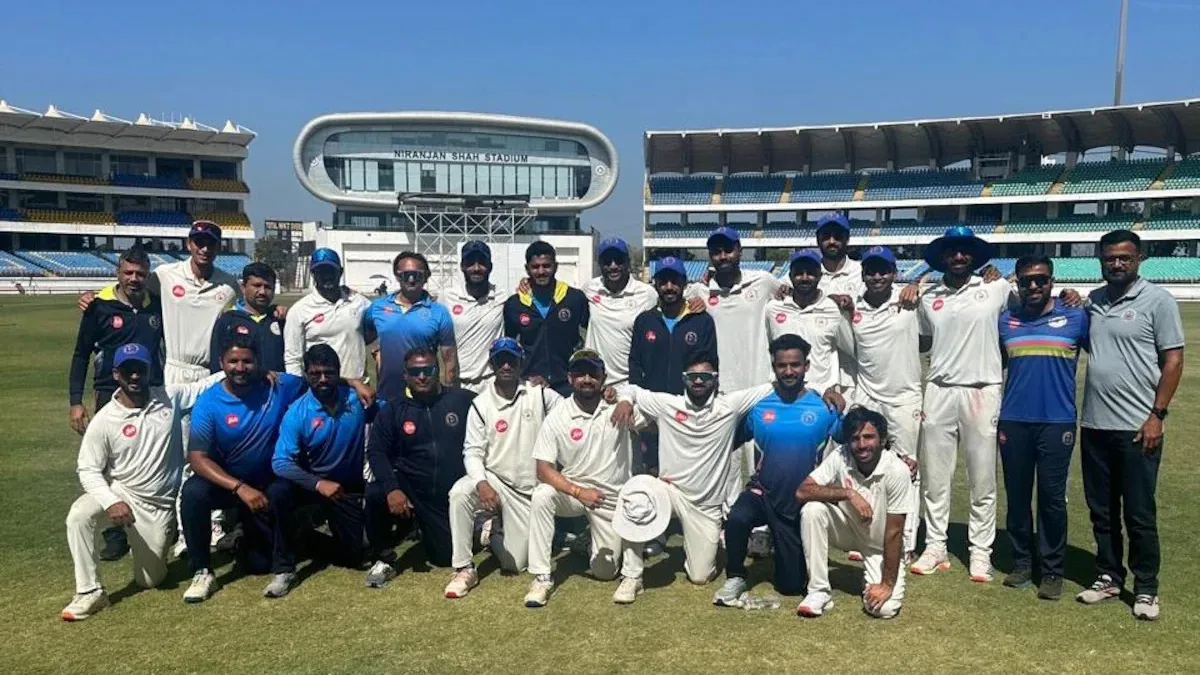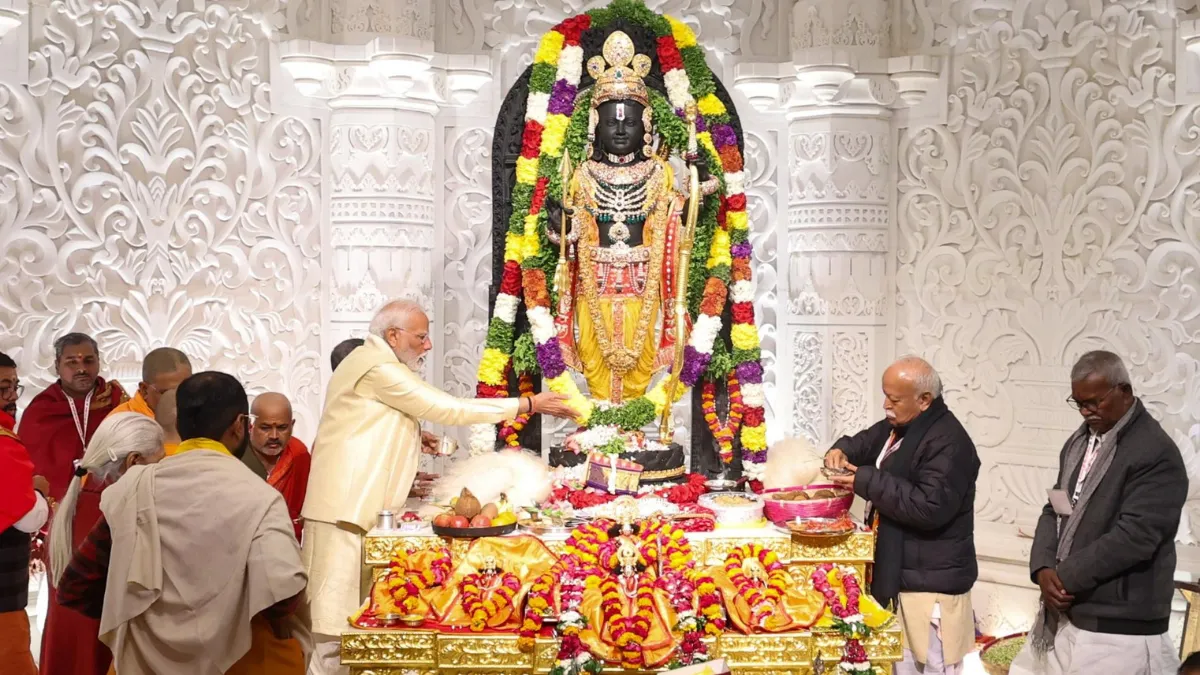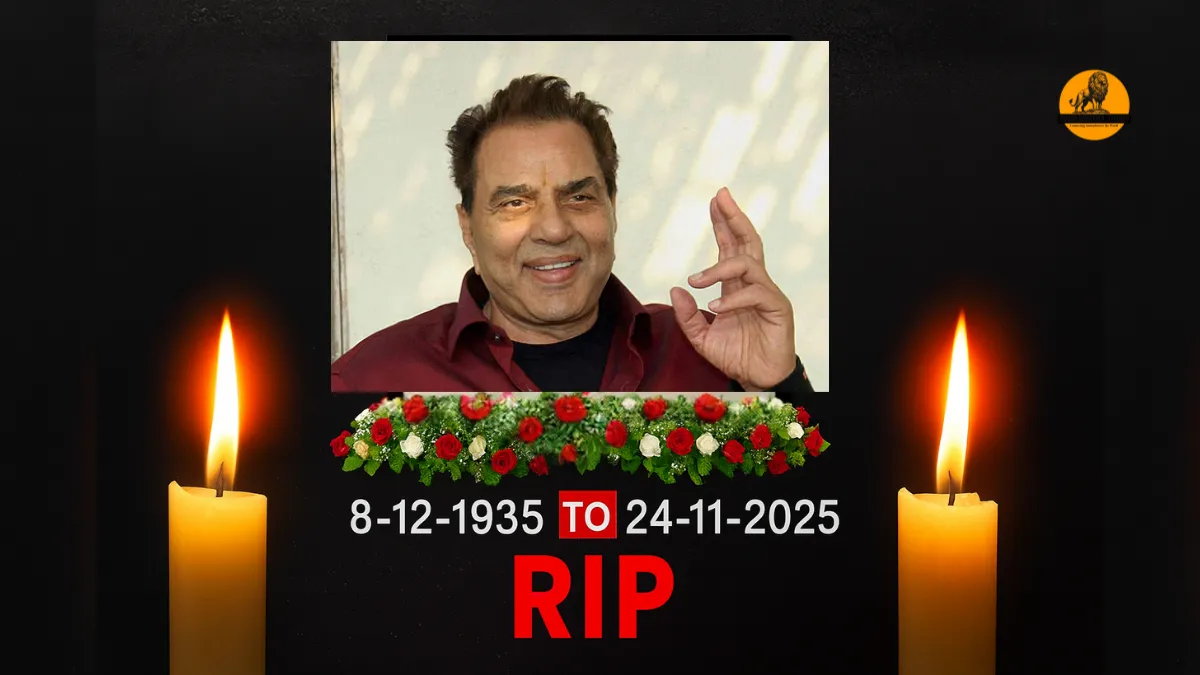Court Rules Against Anil Ambani’s Plea in Reliance Communications Fraud Case
The Bombay High Court has dismissed a plea filed by industrialist Anil Ambani, ruling that he was not entitled to a personal hearing before the State Bank of India (SBI) classified Reliance Communications Ltd (RCom) as a fraud account. The court upheld the bank’s decision, stating that the process followed by SBI met all legal and procedural requirements.
The detailed order, made public on Tuesday, came from a division bench of Justices Revati Mohite Dere and Dr Neela Gokhale, who found that the principles of natural justice had been adequately followed by the bank.
Written Representation Sufficient, Says Court
While rejecting Ambani’s petition, the court clarified that natural justice requires that a borrower must be given notice, the forensic audit report, and an opportunity to submit a written response before the account is declared fraudulent. However, the judges emphasized that this does not automatically include the right to a personal hearing.
“The right contemplated is one of representation, not necessarily of personal hearing,” the bench noted in its order. “In fact, the right of representation is not read specifically as meaning a right to personal hearing.”
The court further observed that the audi alteram partem principle (the right to be heard) does not mandate an oral hearing unless explicitly provided by law. As long as the borrower is allowed to present objections in writing, the court said, the principles of fairness are satisfied.
SBI Followed Due Process, Rules the Bench
The judges examined the timeline of events, which showed that SBI had issued a show-cause notice in December 2023 following a forensic audit of RCom. The bank had also sent multiple letters seeking responses from Anil Ambani and his company. Despite being given the full forensic audit report in September 2024, Ambani did not respond within the extended timelines and did not request a personal hearing, the court observed.
The bench concluded that SBI’s actions were lawful and well-documented, stating:
“The impugned order is a reasoned one, and no infirmity can be found in the same.”
This decision means that RCom’s classification as a fraud account remains valid, marking a significant setback for Anil Ambani and his group of companies that have faced multiple financial and legal challenges over the years.
Also read: Credit Card Payment Late by One Day? Know the Fine, CIBIL Impact, and How to Avoid It
Promoters Can Be Held Liable, Says Court
The High Court went further to clarify that when a company or corporate entity is classified as a fraud account, its promoters and directors—especially those in control of the company’s operations—can also be held personally accountable for fraudulent activities or financial misconduct.
“One can be reported as fraud, more particularly when the promoter or director is found to be in control of the company and responsible for the acts and omissions of the firm,” the bench said.
This observation could have wider implications for corporate promoters across India, reinforcing the principle that control and responsibility come with accountability. The court also pointed out that the annual reports of Reliance Communications clearly established Anil Ambani as the promoter and the person who had control over the company’s decisions.
Also read: Inox Air Launches ₹500-Crore Specialty Gas Facility at Dholera to Support India’s Semiconductor Boom
SBI’s Fraud Tag and Its Broader Impact
The fraud classification by SBI stems from concerns raised after a detailed forensic audit into RCom’s financial dealings. Once an account is labeled as “fraud,” it triggers strict regulatory consequences, including restrictions on further lending and possible investigations by enforcement agencies.
In this case, SBI had acted in accordance with the Reserve Bank of India (RBI) guidelines, which require banks to report fraudulent accounts to the Central Repository of Information on Large Credits (CRILC) and initiate appropriate actions. The High Court found that SBI’s decision followed this framework without violating any procedural fairness.
A Setback for Anil Ambani and Reliance Group
For Anil Ambani, this verdict marks another legal blow in his ongoing battles involving debt and financial disputes linked to the Reliance Group’s telecom and infrastructure businesses. Once a major force in India’s corporate world, Ambani’s empire has faced a steep decline after Reliance Communications filed for bankruptcy in 2019 with debts exceeding ₹45,000 crore.
Despite repeated attempts at revival and settlement, several group companies, including Reliance Naval, Reliance Infrastructure, and Reliance Power, have come under financial scrutiny and regulatory pressure. The High Court’s ruling now further cements SBI’s authority to act against RCom and its associated entities under the fraud classification guidelines.
Also read: US Economy Grew 3.8% in Second Quarter, Showing Stronger Resilience Than Expected
Conclusion: Legal Clarity on Personal Hearing Rights
The Bombay High Court’s decision provides legal clarity on the rights of borrowers and promoters when facing fraud classifications by banks. It reinforces that a written opportunity to respond is sufficient under the law and that a personal hearing is not mandatory unless specifically stated.
For the Indian banking sector, this verdict strengthens the position of lenders like SBI in handling large corporate frauds. For Anil Ambani, it signifies another difficult chapter in his long-standing financial troubles.
As the court’s order stands, Reliance Communications remains classified as a fraud account, and its promoter Anil Ambani continues to face the consequences of that legal designation.
